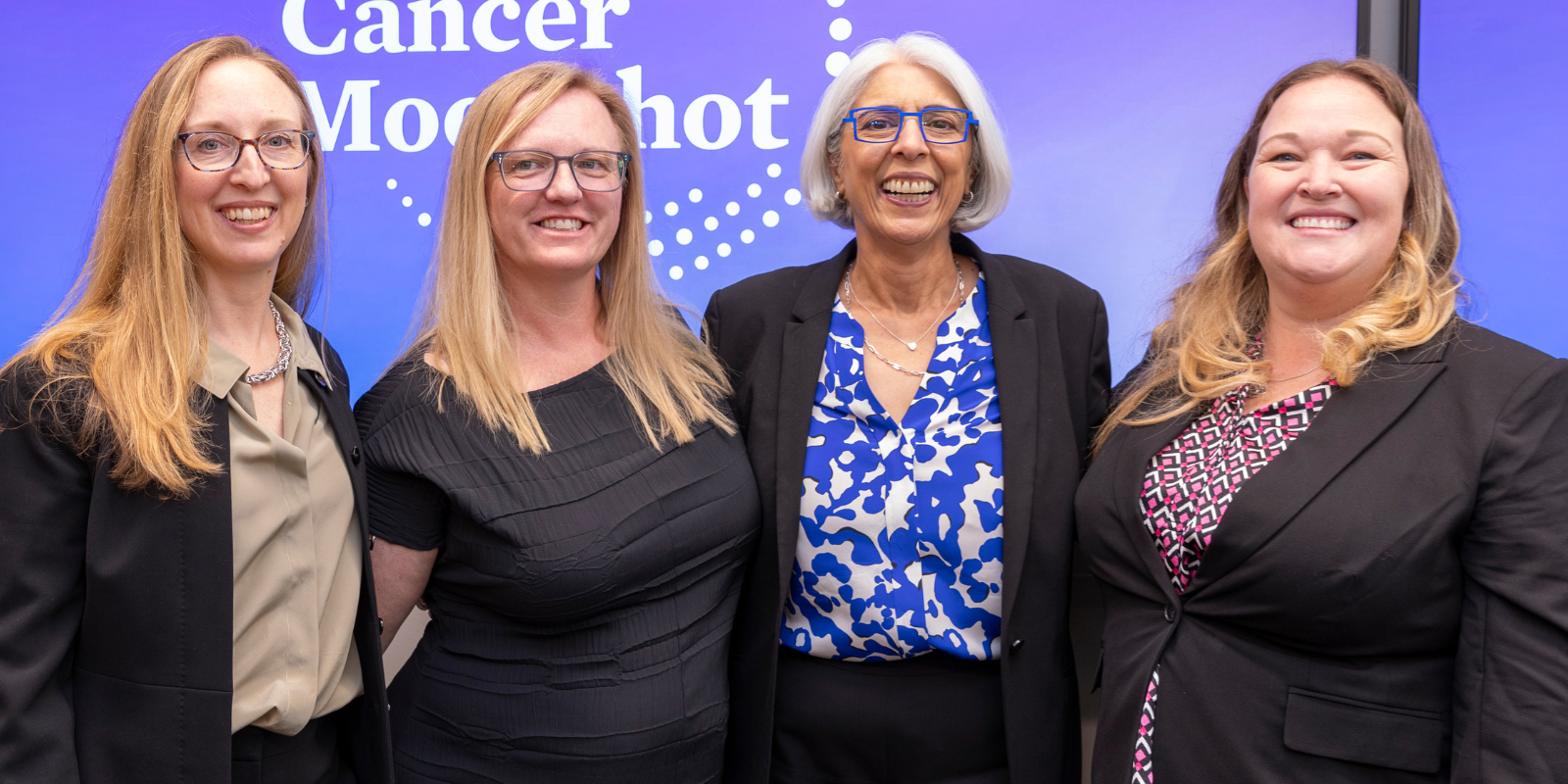Lung cancer is the number one cause of cancer related death in both men and women in the United States. In fact, according to the American Cancer Society, more people die of lung cancer than of colon, breast, and prostate cancers combined.
Despite advances in research, there are still misconceptions about the disease. I sat down with Dr. Ross Camidge, MD, PhD, Joyce Zeff Chair in Lung Cancer Research at University of Colorado Cancer Center to discuss the most common misconceptions he encounters:
1. Only smokers get lung cancer
Camidge: It is a common belief that only people who smoke get lung cancer. While smoking does put you at a greater risk of developing the disease, non-smoking people can develop lung cancer. In fact, 20 percent of people diagnosed in the USA are non-smokers, and an even higher proportion in some countries. In addition, half of those with a smoking history have already quit, sometimes decades beforehand.
2. Only old people get lung cancer
Camidge: The average age of a person being diagnosed with lung cancer is 70 years old. However, there is a growing number of lung cancer incidences in people in their 20’s, 30’s and 40’s. Usually, these people are otherwise healthy, fit, and non-smokers.
3. Most people are treated by specialists
Camidge: Board certification in medical oncology qualifies a physician to treat all different cancers and 80% of USA lung cancer patients are treated by general oncologists. Although thoracic surgery is a recognized Board sub-specialization, it is not required to operate on lung cancers and lung cancer surgery is most commonly done by predominantly cardio-thoracic surgeons who may focus mostly on the heart, or general surgeons. In many countries other than the USA and almost universally at academic centers in the USA there is a recommendation, if possible, for different types of cancer to be seen by different teams of specialists in a single center who choose to work together focusing down their expertise on far narrow disease sub-types, such as lung cancer.
4. Everyone should get immunotherapy
Camidge: Over 50% of patients with all different types of cancers will be treated with some kind of immunotherapy – drugs that are given intravenously and which can reactive the immune system to fight the cancer. They can be given on their own or in combination with other standard treatments such as chemotherapy or radiation therapy. However, they probably only work very well in about 20% of patients with lung cancer but we do not know completely who the 20% are. Scientists are working hard to discover both who might only need these treatments and who might or might not need other newer kinds of immunotherapy added in to increase that number higher.
5. There are no long term lung cancer survivors
Camidge: In the past, most people presented with unresectable, incurable lung cancer and the survival for such patients was usually less than a year. Now, patients are living longer and better quality lives for many reasons. CT screening for those who have smoked a pack a day for at least 30 years can detect lung cancers earlier when they are more easily cured. In addition, personalized medicine, searching out the individual mutations driving one person’s cancer over another, has allowed highly targeted therapies to turn advanced lung cancer into a long term condition manageable with pills for years. The latest immunotherapy revolution has also produced dramatic long term control for lung cancer in a subset of people. In 2018, CU Cancer Center was the first lung cancer center to host a prominent lung cancer survivor’s celebration for all those who had outlived their cancer diagnosis by 5 or more years. We sent out over 400 invitations and now an annual celebration is planned to give hope a face.




